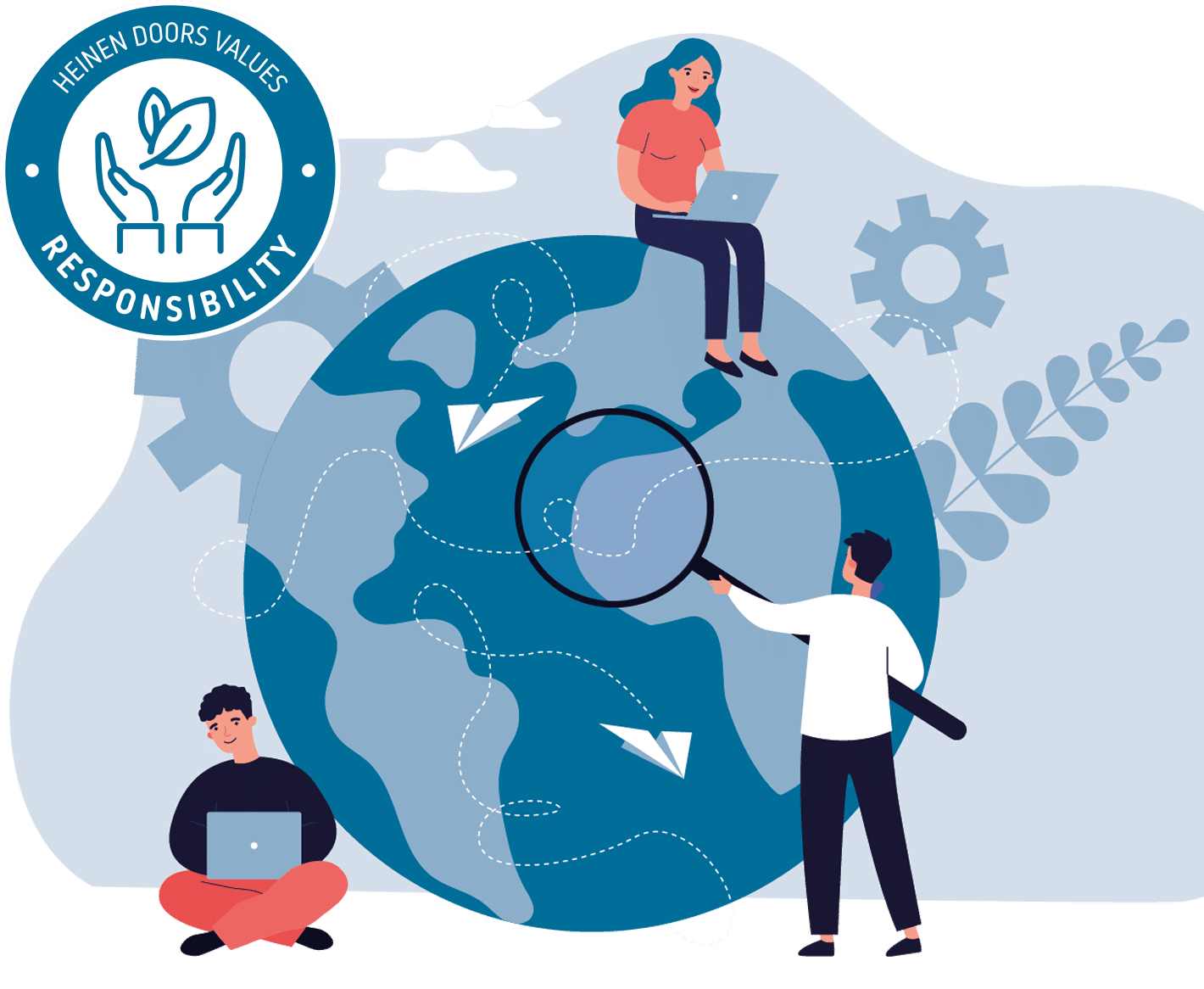
Continuous improvement
Why continuous improvement?
This refers to the process of progressive and constant improvement in all aspects of a business. It is a systematic approach to identifying areas in need of change and implementing measures to continuously improve them.
What does this mean for our employees?
Their personal goal is to commit to continuous improvement by focusing on the ongoing development of their skills and knowledge.
They will strive to identify their weaknesses and actively seek ways to overcome them, while leveraging their strengths to enhance their performance at work.
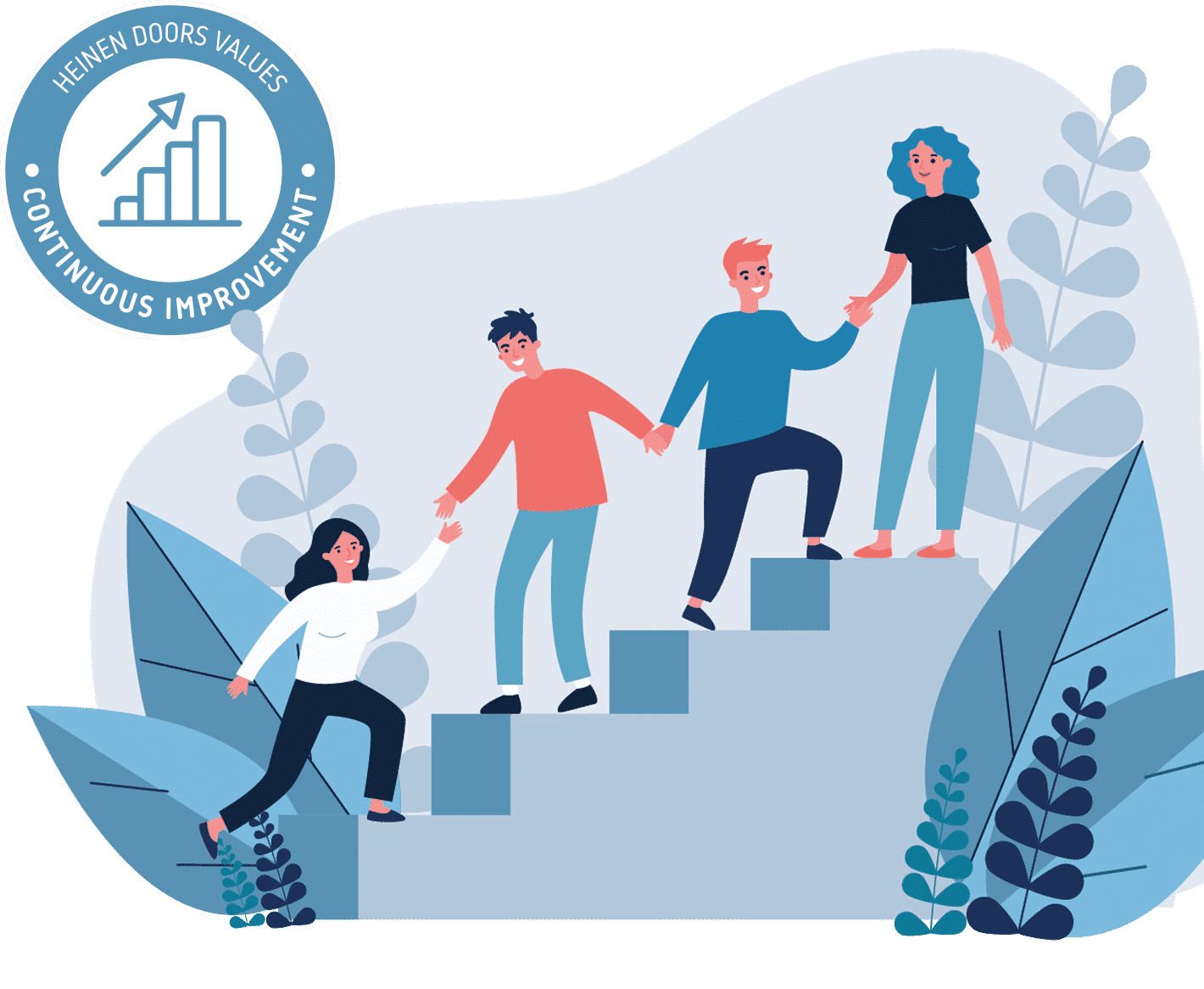

Partnership
Why partnership?
This refers to close, long-term cooperation between two parties, either internally between colleagues or externally between a company and another party, such as a customer, supplier or partner organisation.
Partnership is based on trust, cooperation and common goals, and aims to create a mutually beneficial relationship for all parties involved.
What does this mean for our employees?
Their personal goal is to build strong partnerships by collaborating effectively with colleagues, supervisors, members of other teams, and external service providers. They will aim to cultivate positive professional relationships based on trust, mutual respect, and open communication, in order to foster a collaborative work culture.
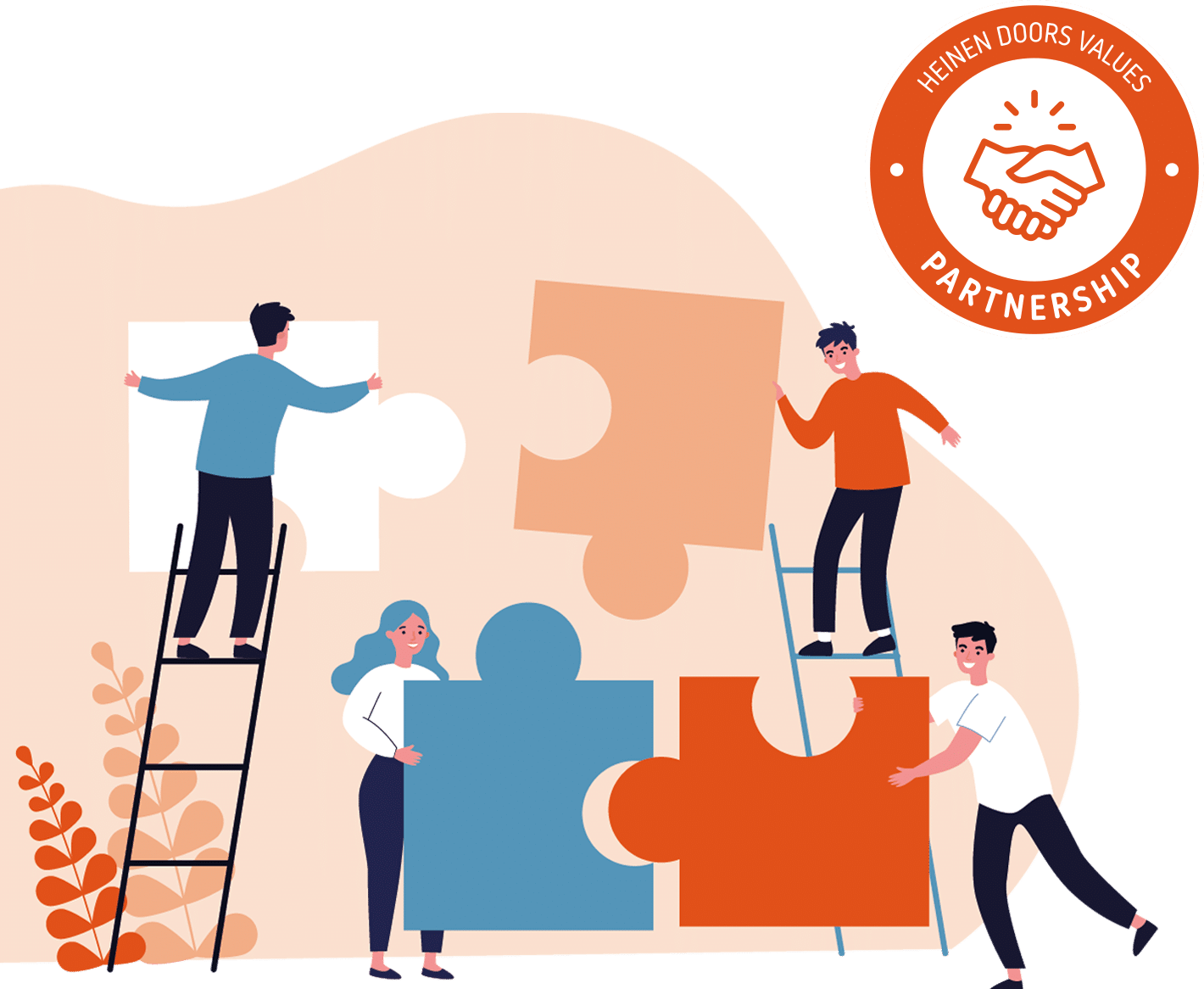

Reliability
Why reliability?
This refers to a company’s ability to consistently and accurately deliver what it promises.
A reliable company is seen as trustworthy and able to deliver on its promises in terms of quality, deadlines and performance.
What does this mean for our employees?
Their personal goal is to be individuals that their colleagues, company, and partners can rely on. They will strive to honor their commitments, meet deadlines, and consistently deliver high-quality work.
By building a reputation as reliable individuals, they will help strengthen the trust and credibility of the company.
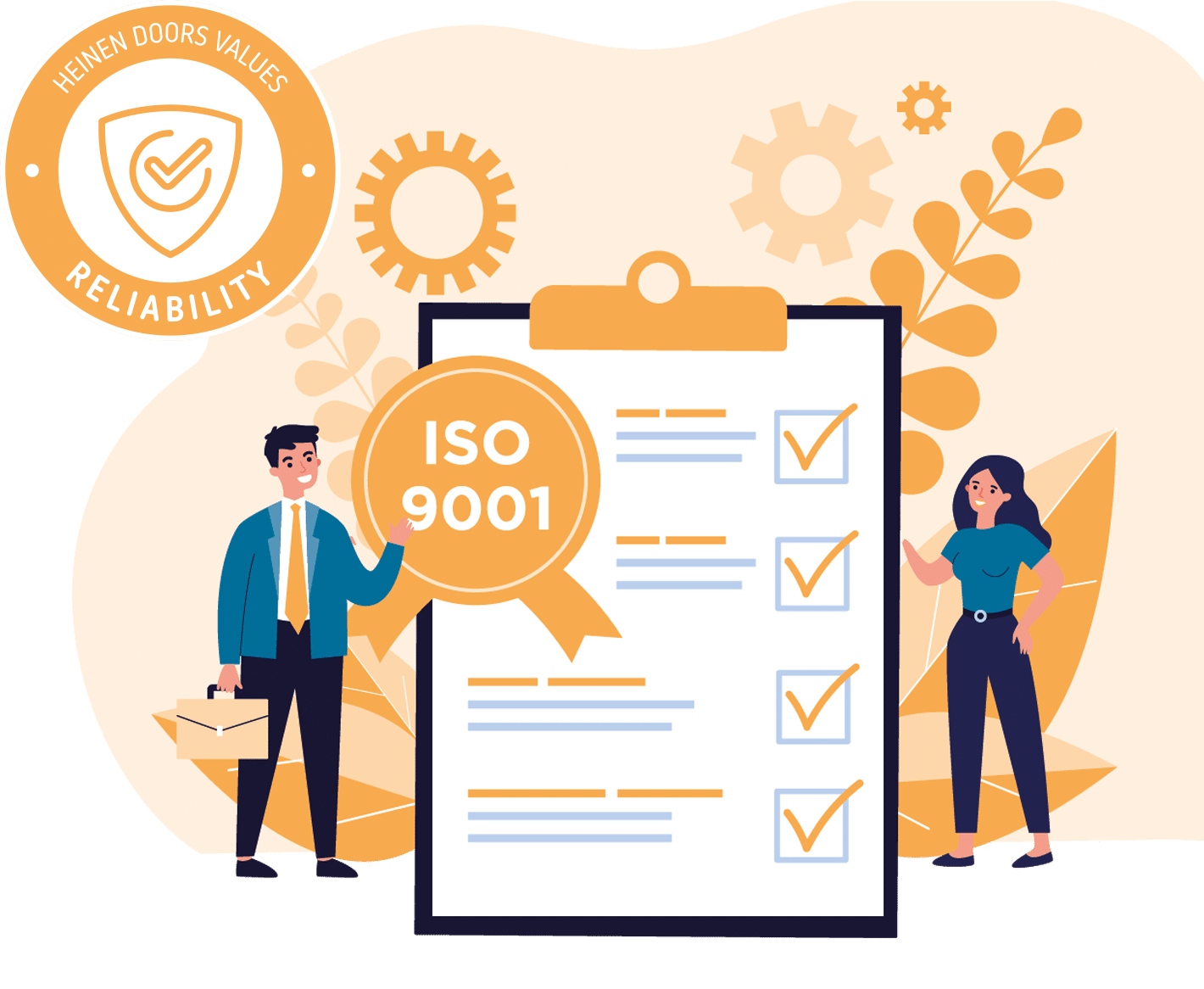

Challenger
Why challenge?
This term refers to a company that challenges the established norms and practices of its industry.
A challenger tries to disrupt the status quo by coming up with new ideas, innovative methods or a different approach to solving existing problems. They may also try to compete with the dominant players in the market.
What does this mean for our employees?
Their personal goal is to push their limits and adopt a challenger mindset within the company.
They will constantly strive to exceed their own expectations by proposing new ideas, exploring innovative approaches, and challenging established practices.
They will seize opportunities to take initiative, step outside their comfort zone, and contribute to the company’s growth and evolution.
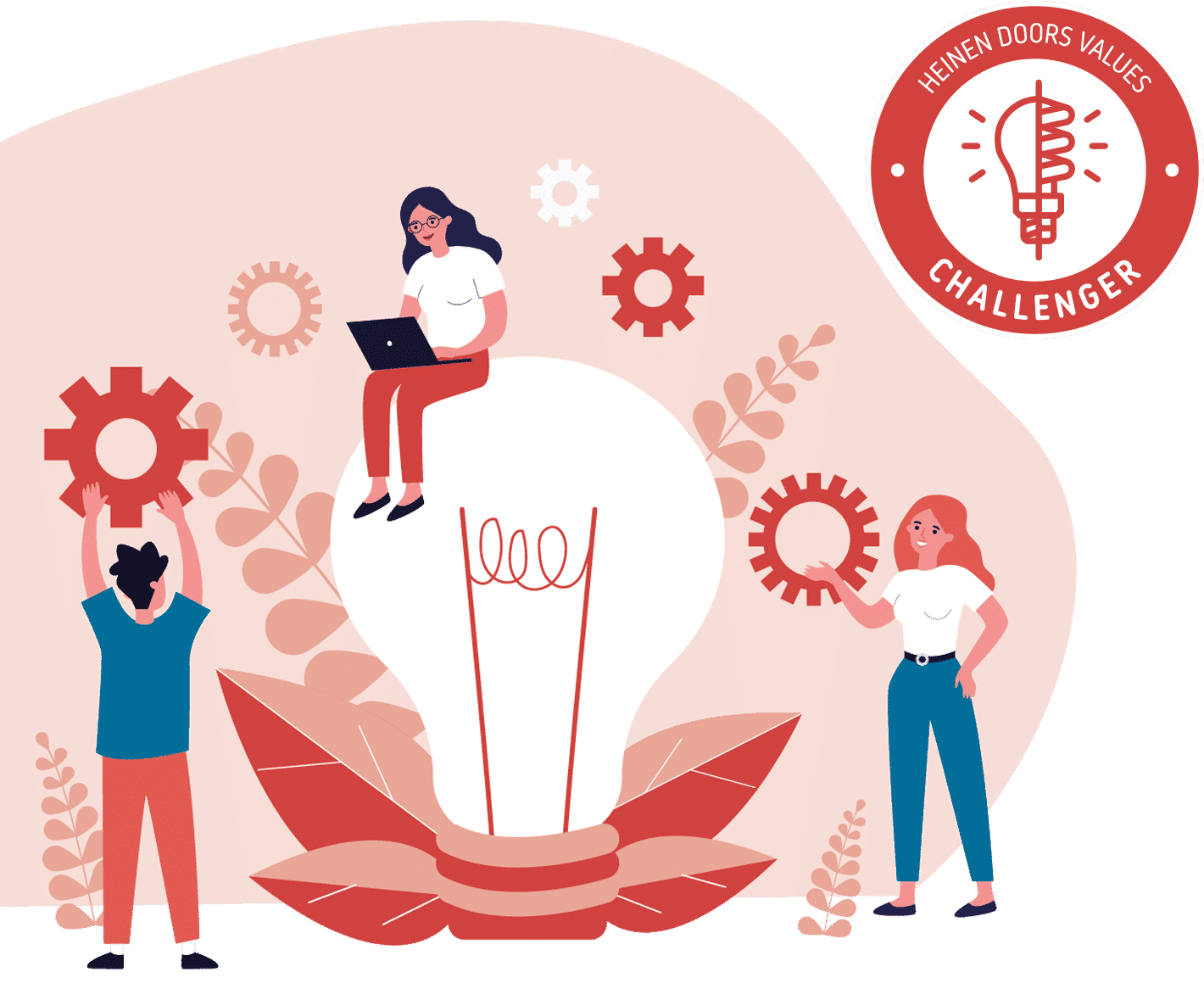

Responsibility
Why responsibility?
In the context of corporate values, responsibility refers to a company’s obligation to act ethically, comply with laws and regulations and consider the impact of its activities on society and the environment.
This includes responsibility towards employees, customers, local communities and the planet as a whole.
What does this mean for our employees?
Their personal goal is to fully embrace their responsibility as individuals within the company.
They will commit to acting ethically, adhering to the company’s policies and values, and taking responsibility towards their colleagues, supervisors, and the organization as a whole. They will also be mindful of the impact of their actions on the environment and society, actively seeking ways to make a positive contribution.
